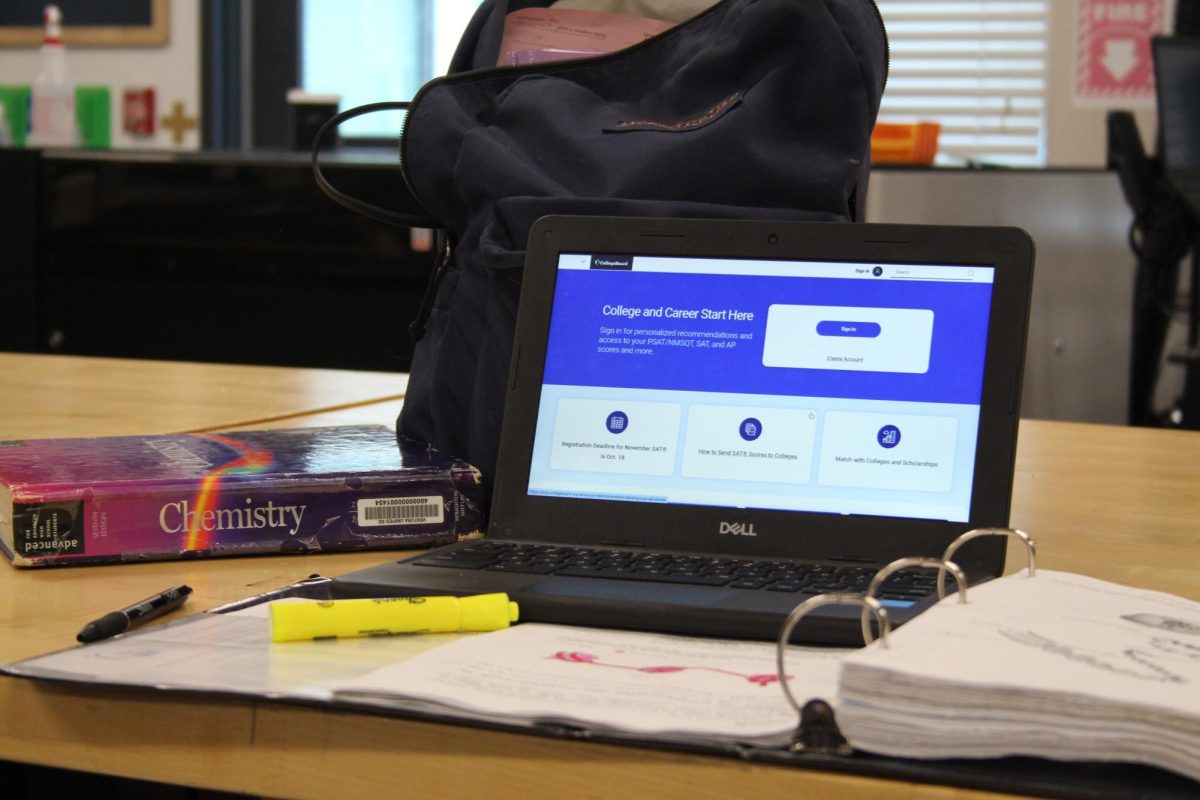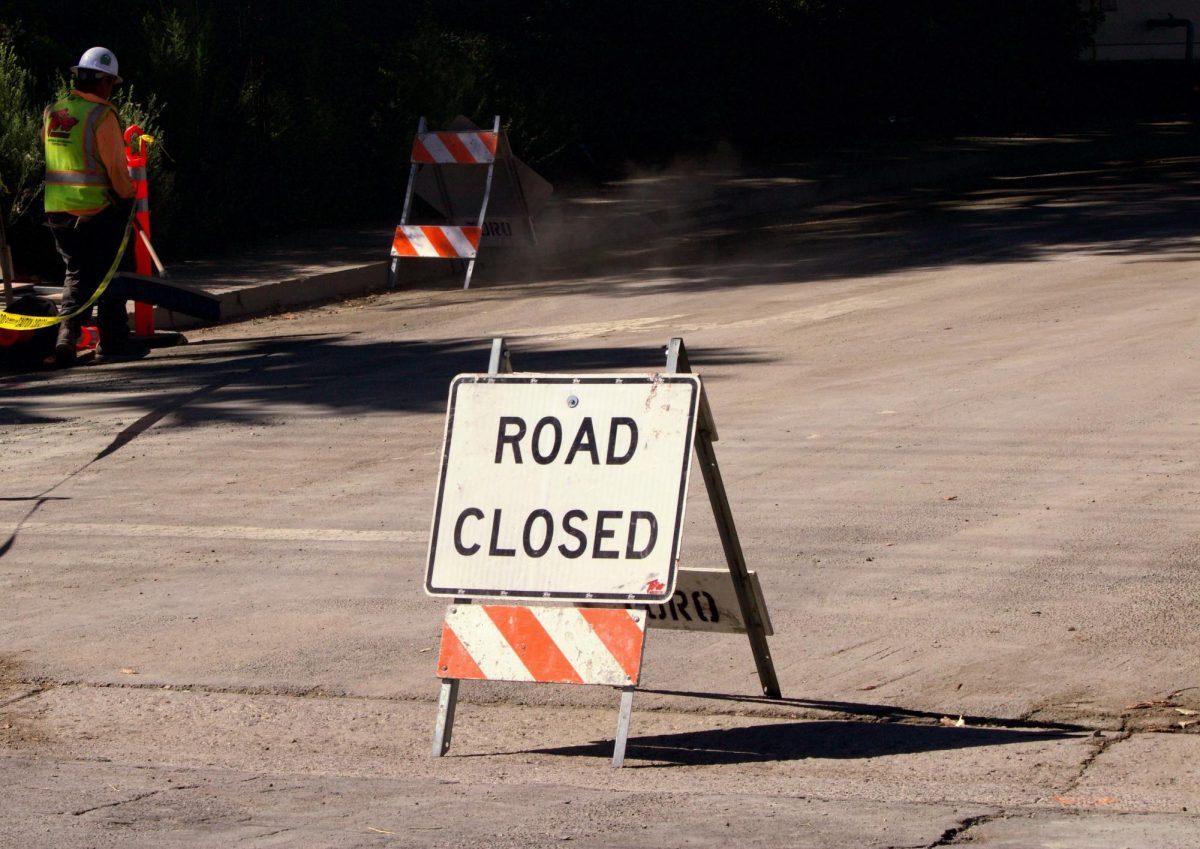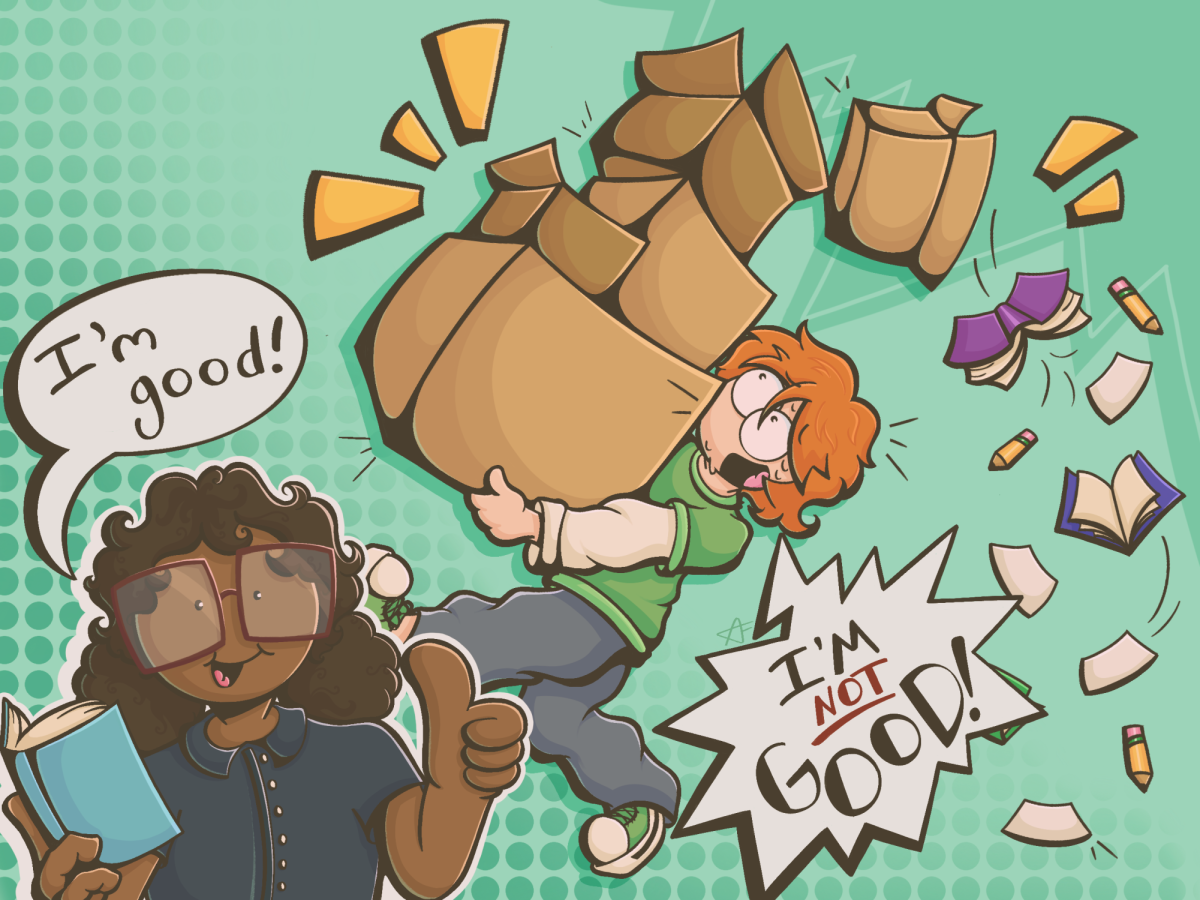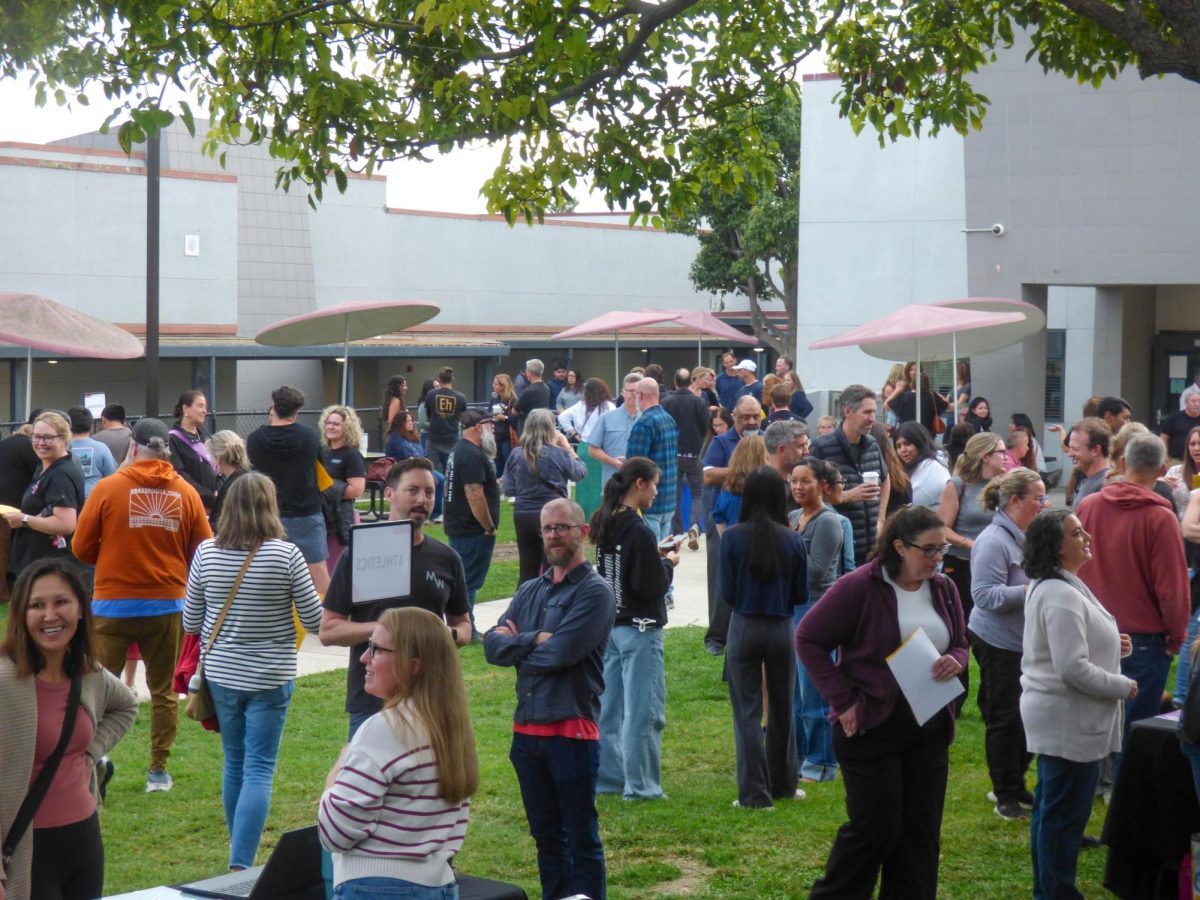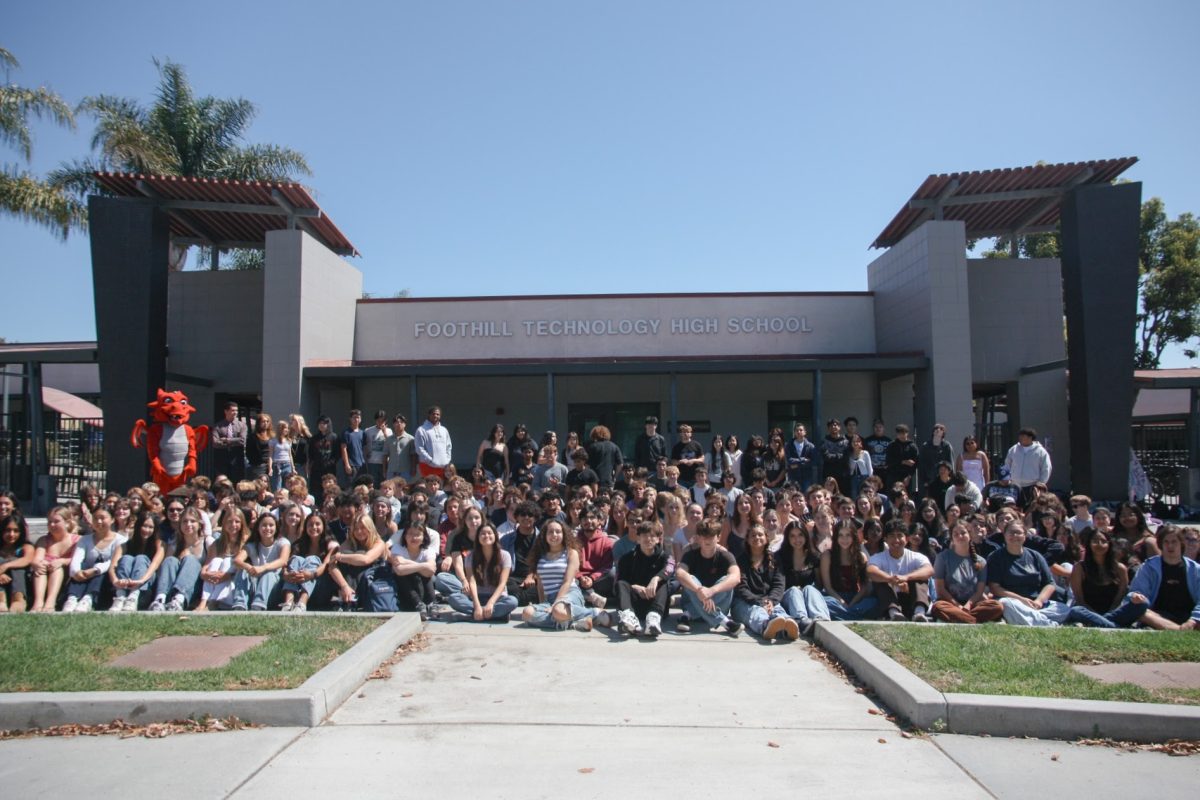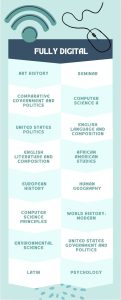
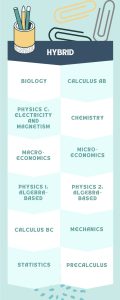
As of May 2025, 28 Advanced Placement (AP) exams will be going digital, an alternative to the typical standard paper testing. This switch has been taken as a precaution against academic dishonesty, as recent years have shown an influx of cheating among students taking AP tests.
The College Board, a pioneer of programs including the SAT, ACT and AP testing, declined to state the exact number of cancellations this year, yet they confirmed an increase in such cancellations, those of which were partially due to academic dishonesty. As a result, digital testing is being integrated into 28 AP exams, 16 of which are transitioning into a completely digital test, while the other 12 are changing to a hybrid format.
Trevor Packer, the head of the AP program and Senior Vice President of AP and Instruction at the College Board, reaffirms this adjustment in his article “Accelerating Our Transition to Digital AP Exams.”
“We are getting ahead of the issue [academic dishonesty] by accelerating our transition to digital AP Exams … digital exams are much more secure than shipping paper exams in boxes to thousands of locations weeks in advance,” Packer explained.
The accessibility of AP testing will remain unchanged, as Bluebook permits testing on commonly used devices, such as iPads, Mac and Windows devices and school-issued Chromebooks.
Similar to accessibility, the basic requirements and logistics of AP exams will remain unchanged. Typical testing rooms, the number of proctors and the time constraints will be identical. In like manner, the quantity of questions, the type of questions and the number of sections will remain the same.
However, Dragons at Foothill Technology High School (Foothill Tech) have varying anticipations and concerns.
Spencer Jones ‘25, a student in AP Environmental Science, stated his view on the shift, saying “I prefer to take tests by paper and pencil because I can focus more, and I find it more helpful to think through questions when I can write on them or cross things out, especially for multiple choice.”
To help alleviate these concerns, Bluebook testing allows students to highlight and annotate questions and other exam stimuli, remove answer choices and indicate questions to revisit. Likewise, students will have scratch paper distributed by the exam proctor for planning, outlining or taking notes for their digital exam.
A student in AP Language and Composition, Siena Meter ‘26, conveys a different concern, “I struggle with focusing when it comes to staring at a screen for long amounts of time, because it causes me to lose my train of thought, hindering my performance on tests.”
Conversely, Shaurya Shyam ‘25, a student in AP United States Government and Politics and AP Literature and Composition, provides a different perspective on digital testing, “It’s easier to read typed out responses, so people with bad handwriting will not have to stress as much and will be more focused on putting their best work forward.”
Ansh Joshi ‘26 provides another positive aspect of digital testing, “I have noticed that digital testing is usually easier and less stressful because once you move onto the next question, you don’t have to worry about the previous questions, because you’re not looking at them like you would on paper.”
Bluebook testing allows students to proceed to the next screen to view consecutive questions, however, students still have the opportunity to go back and review previous questions of the same section.
With these digital AP exams impending, the College Board will be releasing test previews and free online practice exams and quizzes later in the 2024-2025 school year. Similarly, teacher-created assessments will be available on the AP Classroom website.
Despite the plethora of hopeful anticipations and anxious concerns from students, parents and teachers, this change to AP testing is just around the corner for May 2025.


